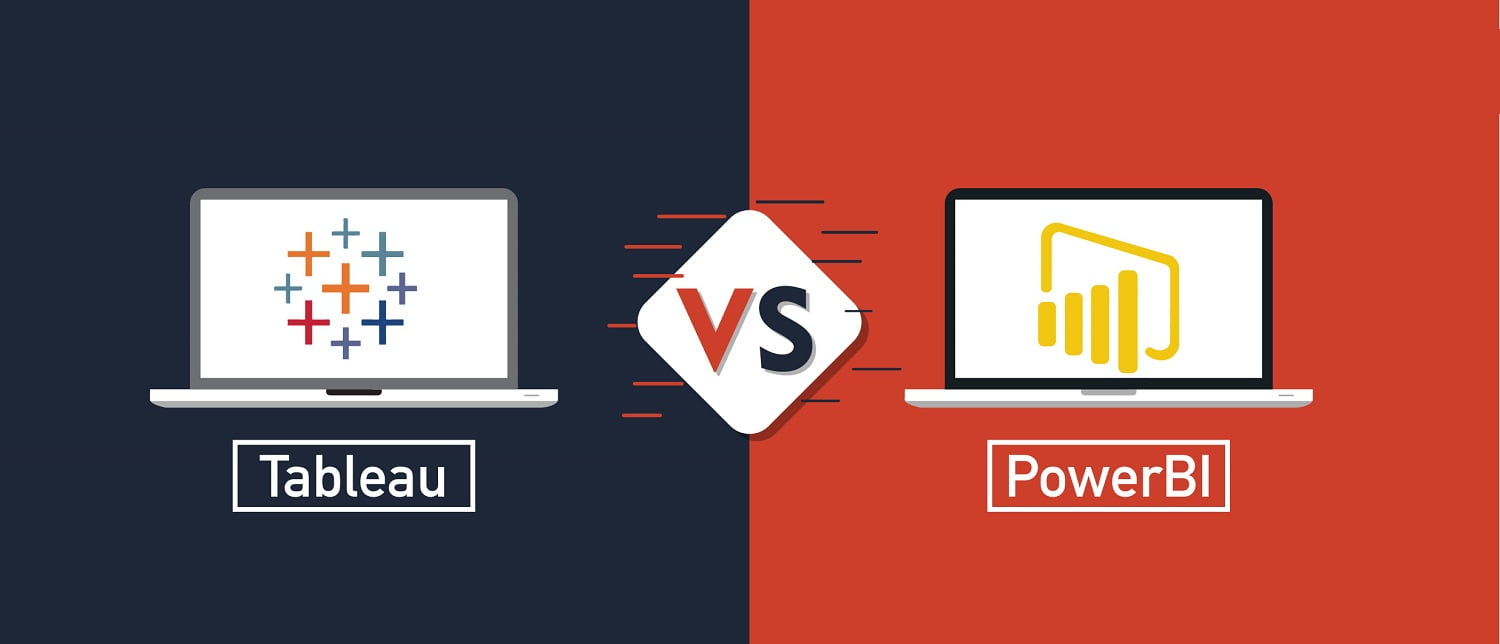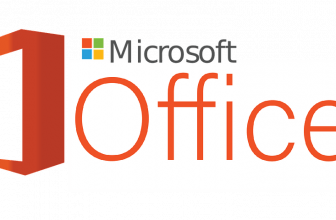Power BI vs Tableau: Top BI Tools Comparison 2021

This blog throws light on the subject Power BI vs Tableau. Since their inception, both tools have come an extended way in Data Analytics and became the leaders among Business Intelligence tools. The blog draws a comparison between the 2 and features their relevance within the field.
What is Power BI?
This is a Business Intelligence tool that permits users to extract and modify data from a mess of sources, be it Excel files, images, videos, etc., into insightful reports and interactive dashboards. Data analysis and visualization have various techniques and methods of conveying the knowledge in data to the users. Power BI is deployed for the cleaning and integration of complex data and identifying underlying trends and patterns to run ad-hoc queries. Microsoft Power BI is one among such advanced platform which has the presence of the most advanced tools that can transform an organization’s data into rich visuals. That is the reason why fresher and experienced professionals are taking up Power BI Certification Training to build their careers in Business Intelligence.
You have briefly learned about Power BI during this ‘Power BI vs Tableau’ blog. Now, let’s get a transparent idea of Tableau.
What is Tableau?
Data-driven storytelling has become the new language for organizations. Tableau generates visualizations within the sort of understandable dashboards, reports, and worksheets. This paves way for the straightforward reading of complex data with none technical knowledge and draws insights beneficial for the revenue and growth of the business. If you want to build a career in Business Intelligence & data Visualization, then getting a Tableau Certification training is the best option.
After learning enough about Power BI and Tableau, let’s come to the most topic of this blog, Power BI versus Tableau.
Difference Between Power BI and Tableau
Every enterprise has its own set of goals and targets set to extend its revenue and drive its growth within the right direction. we'll discuss some important areas where Power BI and Tableau show major contrasts in helping organizations achieve their goals. Let’s get into Power BI vs Tableau in various distinct aspects.
1. Cost
Tableau is far costlier compared to Power BI. now actually may be a deal-breaker for several firms because the costs are on the other ends of the spectrum. Anyone trying to find a reasonable option, the selection is obvious. Hence, most of the startups choose Power BI and later upgrade to Tableau on a requirement basis.
2. Data Visualization
When it involves visualization, the simplest tool within the market today is Tableau. No inquiries to ask! It can break down large datasets into simpler visualizations and supply users with better drill-down features. Whereas, Power BI makes its mark on data manipulation, reporting, and predictive modeling.
3. Deployment
Tableau comes first when considering deployment flexibility because it has more cloud-based and on-premises options. Power BI, on the opposite hand, also can have both on-premise and cloud. within the cloud, it's only limited to Azure.
4. Complex Data Handling Capacity
Tableau handles huge data efficiently than Power BI. Power BI lags when encountered with heavy data.
5. Functionality
Tableau performs better compared to Power BI when it involves questions on data. It suggests that the depth of knowledge to be worked with is far sophisticated with Tableau.
6. Integration
Both Tableau and Power BI easily integrate with third-party data sources. However, Tableau has a foothold over Power BI for slightly divergent integration.
7. Programming Tools Support
Both tools can blend smoothly with all major programming languages. there's far better integration of R programing language with Tableau than Power BI. The latter requires another tool called Microsoft Revolution Analytics to attach to R, but it's available just for enterprise-level users.
8. interface
Tableau is typically wont to create customized dashboards with sleek design to enable a user-friendly interface. Power BI, on the opposite hand, is far simpler to find out and features a more intuitive interface than Tableau. Hence, enterprises prefer Power BI over Tableau, completely attributed to its simple use and ease.
9. Support and Community
The older the technology, the higher are going to be its supporting community. Power BI is comparatively new compared to Tableau. So, its user community will obviously be smaller than Tableau. This helps Tableau users to network better.
Conclusion
Clearly, from the above Microsoft Power BI vs Tableau discussion, you'll figure out which tool will serve you more, in fact considering your requirements. A user, who isn't a knowledge Analyst, will prefer Power BI over Tableau because the latter isn't as intuitive and commands more effort in learning. So, Power BI triumphs in terms of simple use and ease. However, when it involves speed and capacity to handle complex data, Tableau is that the sought-after one. there's a guarantee on the standard of visualizations users can generate using Tableau, especially for medium to large enterprises that haven't any limitation on spending on human capital.
Here we've delivered to you simply the facility BI vs Tableau pros and cons. There are other options also to settle on from as Business Intelligence tools for your enterprise. However, now you've got enough information to settle on Power BI or Tableau.






